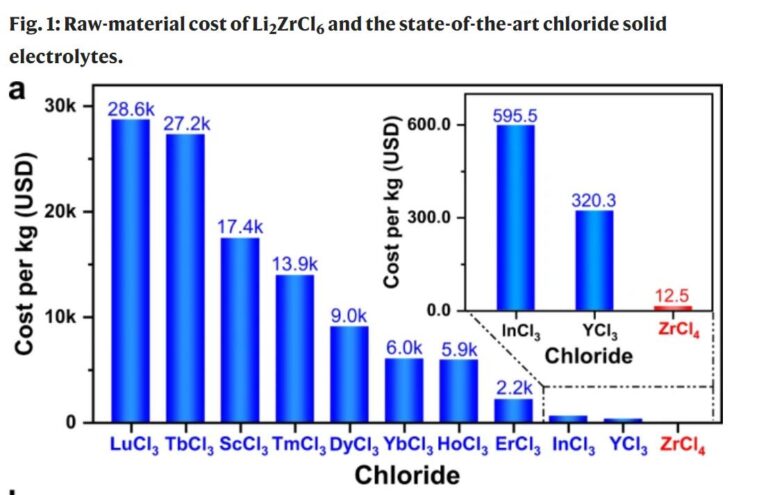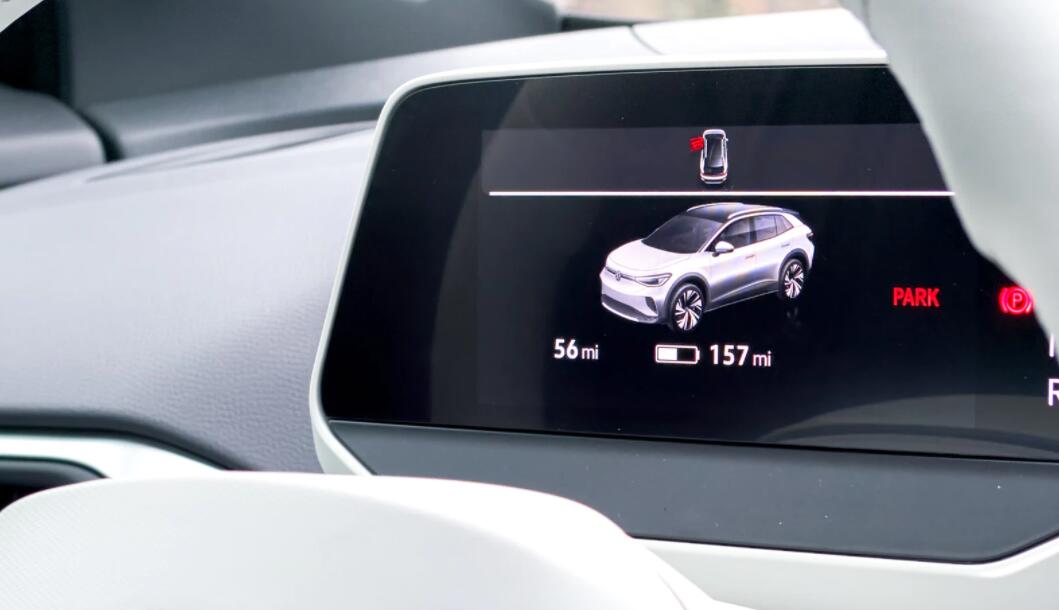Solid-state batteries, or semi-solid-state batteries, may enter mass use sooner than people expect.
The price of semi-solid-state batteries, which will begin mass production next year, is expected to be on par with the price of existing liquid power batteries, itdcw.com quoted Gao Lixin, general manager of Anhui Axxiva New Energy Technology Co, a solid-state battery company, as saying Wednesday.
That's a goal Axxiva is aiming to achieve, Gao said. The target price for semi-solid-state batteries would be no more than 10 percent above the price of existing liquid batteries, if anything, he said.
Axxiva's program for semi-solid-state power batteries is progressing rapidly and is expected to begin installing them in production vehicles by the third quarter of next year at the latest, Gao said.
There are also obstacles to the mass production of solid-state batteries. Solid-state and semi-solid-state batteries differ significantly from existing liquid lithium batteries in terms of equipment and manufacturing processes, which is a major constraint to the mass production of solid-state batteries, according to Gao.
According to a previous report by market research firm EVTank, worldwide shipments of solid-state batteries will reach 276.8 GWh by 2030, with a penetration rate of about 10 percent.
Solid-state batteries, as one of the high-potential next-generation battery technologies, have been stepped up by several car companies this year.
Nio said at the launch of its flagship sedan Nio ET7 on Nio Day on January 9 that the model will be offered with a version equipped with this new battery in the future, giving an NEDC range of 1,000 km.
Nio's aggressive goal was also met with skepticism at one point, given that solid-state battery technology has not yet begun commercial mass production.
William Li, the founder, chairman, and CEO of Nio, also clarified in an interview after Nio Day that the Nio ET7's solid-state battery is more accurately described as a "semi-solid-state battery.
Volkswagen has also said that it will focus on developing solid-state battery technology in the future, and expects to put it into use by 2025.
BMW has announced that it will launch prototypes with solid-state batteries by 2025, and will start road testing vehicles with all-solid-state batteries by 2025, with mass production to be achieved by 2030.
It is worth noting that recently, Professor Ma Zhan's team at the University of Science and Technology of China announced that they have successfully developed a new chloride solid-state electrolyte material, lithium zirconium chloride.
Lithium zirconium chloride is the first high-performance chloride solid-state electrolyte based on tetravalent cations, overcoming the bottleneck of difficulty in both production cost and comprehensive performance, and is expected to advance the commercialization of all-solid-state batteries, according to the team.

